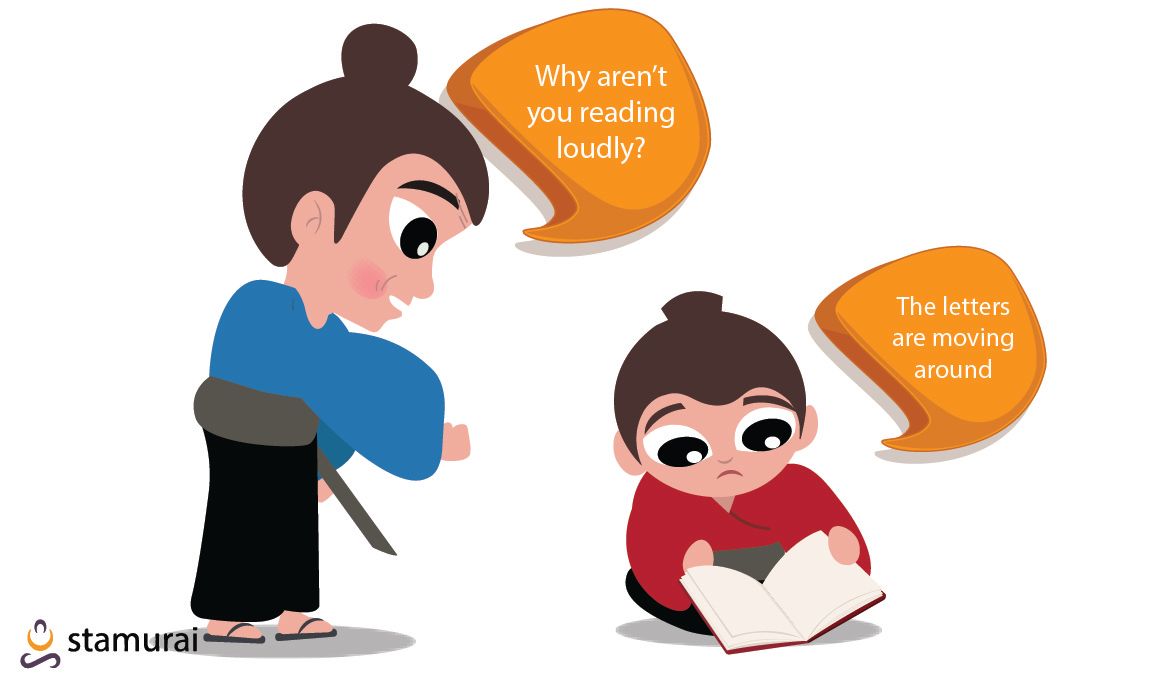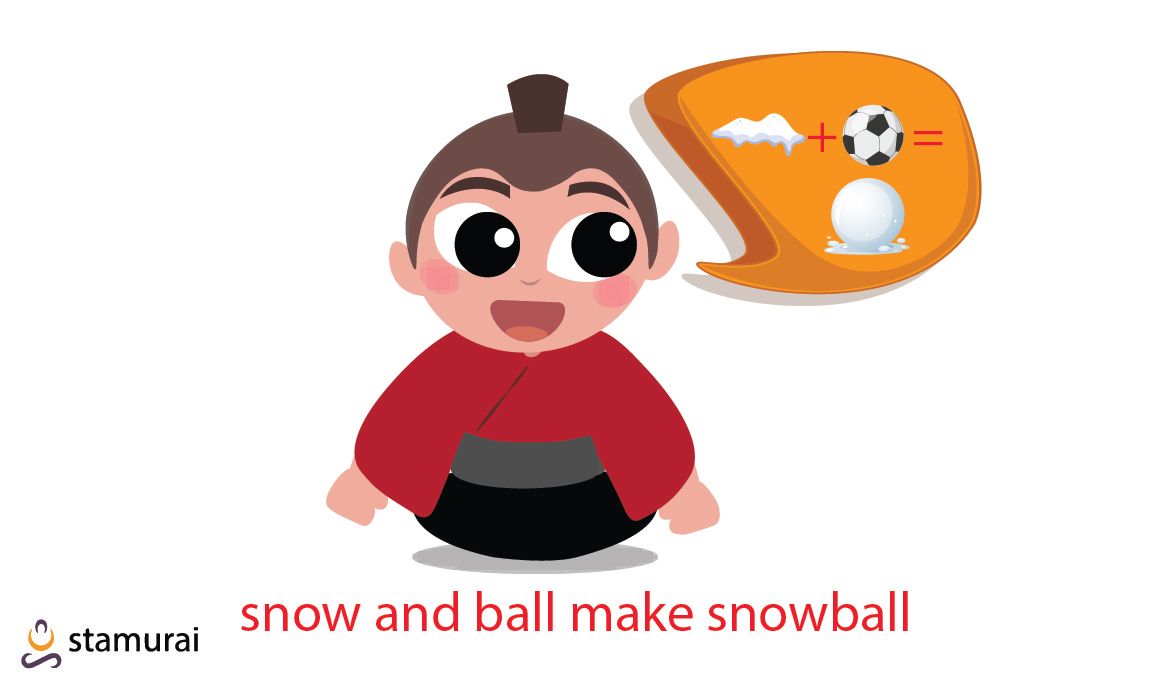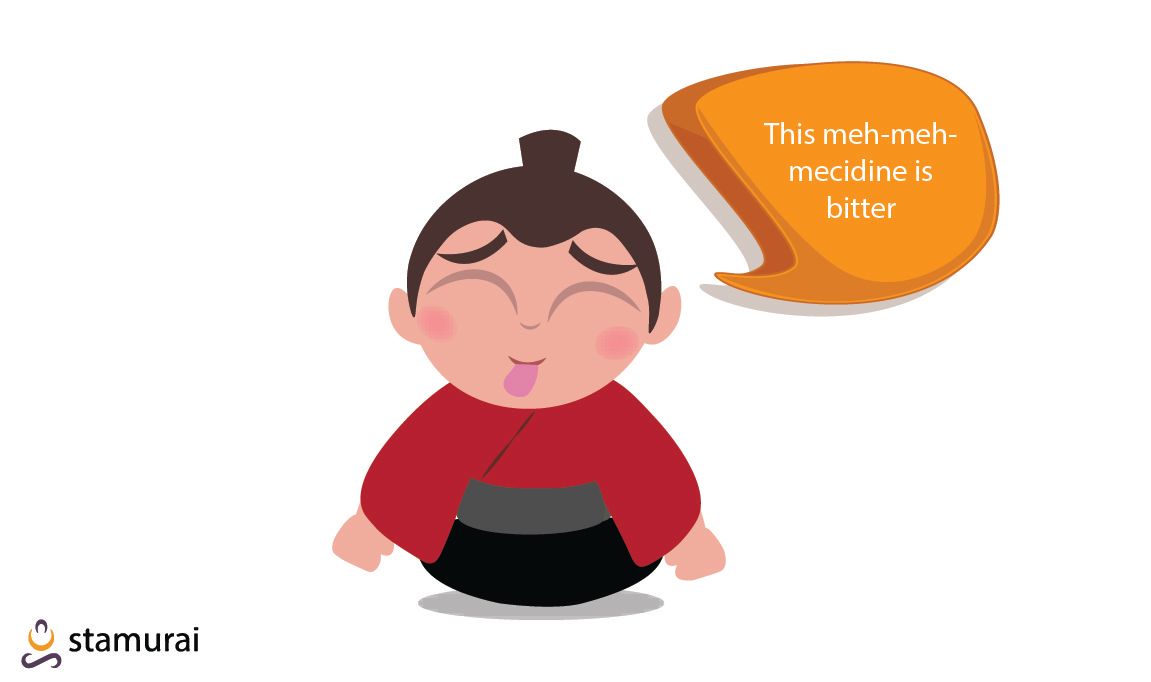Dyslexia is a learning disability. It is quite common. Earlier, experts believed that dyslexia only caused problems with reading and writing, but now, studies show that this learning disability also causes problems with speech.
What Are The Typical Signs Of Dyslexia?
The symptoms of dyslexia vary between people according to their age. Each person will have a unique set of strengths and weaknesses. However, unlike many learning disabilities, intelligence is not affected in people with dyslexia.

Signs and Symptoms of Dyslexia in Preschoolers
Some signs and symptoms of dyslexia begin presenting themselves before a child is 3-4 years old. In preschool-aged children, dyslexia can affect the development of speech.
- Children with dyslexia may experience delayed speech development
- They may jumble up phrases or struggle to pronounce longer words properly
- Children may also face problems expressing themselves using the right words
- They may show little understanding of rhyming words
- They may even take longer than other children to learn the alphabet
If your toddler is saying “beddy tear” in place of “teddy bear” or “mecidine" instead of "medicine," then you should get them checked for dyslexia along with other speech-language disorders.
Signs and Symptoms of Dyslexia in School-aged Children
School-aged children with dyslexia begin to show some telltale signs as they focus on reading and writing. Not all children with dyslexia will have the same signs and symptoms.
- They may face problems learning the names and sounds of different letters
- They may make frequent and inconsistent spelling mistakes
- Children may swap similar-looking numbers and letters like "b”s with “d”s and "6"s with "9"s
- They may even be able to answer questions orally but struggle writing the same answers down
- They may show underdeveloped phonological awareness and word attack skills as well
It is common for 5 to 12-year-old children with dyslexia to describe visual disturbances while reading. For example, they may report that the letters, words, or numbers on the page seem to be moving around.
What are Phonological Awareness and Word Attack Skills?
Phonological awareness is the term used to describe the ability of a person to recognize that words consist of smaller sound units or phonemes. Children with dyslexia may find it challenging to grasp the concept of phonemes, and manipulate them to create new sounds and words.

For example, someone with poor phonological awareness may not be able to point out how "top" sounds different from "hop." Or, they may not be able to tell how replacing the "o" in "top" with an "a" will change the word. Kids with dyslexia may not be able to tell rhyming words when you ask them.
Most children with dyslexia have poor word attack skills as well. It is the ability to determine the meaning of newer and longer words by looking at the smaller words that comprise them. For example, your child may hear "snowball" for the first time. However, they can decode the meaning by breaking it down to "snow" and "ball" – the two words that are familiar to them.
Signs & Symptoms of Dyslexia in Teens and Adults
Living with dyslexia is difficult for children as well as teens and adults. In addition to all the problems we have mentioned above, teenagers and adults with dyslexia may face the following problems –
- Teens and adults with dyslexia may try to avoid reading as much as possible
- Their spelling skills may be poor
- They may take a long time to read common words
- Adults and teens with dyslexia may find it easier to answer questions verbally than writing the answer
- They may struggle to remember the right words, phrases, and expressions while speaking as well as writing
What Problems may Co-occur with Dyslexia?
Individuals with dyslexia may have other learning and/or speech-language problems including –
- Stuttering or childhood-onset fluency disorder
- Difficulty with mathematical calculations (dyscalculia)
- Poor short-term learning memory
- Short attention spans that may resemble ADHD or maybe ADHD
- Developmental coordination disorder (DCD)
Dyslexia and Stuttering: How Are They Related?
Recent research shows that 17 out of the 50 adults with dyslexia (participants) reported stuttering during childhood. A staggering 34% of the adults with dyslexia also experienced stuttering while growing up in contrast to only 1% of the neurotypical population who stutter.

The incident rate of stuttering varies significantly with the severity of dyslexia. Those with severe dyslexia show a higher prevalence of stuttering. There is a correlation between dyslexia and stuttering that can no longer be denied.
Childhood-onset fluency disorder or developmental stuttering is a neurodevelopmental disorder. Typical signs and symptoms of developmental stuttering include repetitions, prolongations, and blocks in speech.
While people who stutter know what they want to say, they struggle to say it due to difficulties in motor planning necessary for smooth speech.
Several studies have shown a strong correlation between stuttering and phonological deficits. For example, Spencer and Weber-Fox observed that poor phonological and articulatory skills mean that the child is more likely to stutter into adulthood.
Another study states that stuttering and dyslexia may seem like distinct disorders, but they share some undeniable and interesting common features. Both people with dyslexia (PWD) and PWS share similar gene groups (alleles). Both the disorders cause underactivation of the left inferior frontal gyrus and left arcuate fasciculus. PWD and PWS may have poor phonological processing.
How Can Speech Therapy Help Someone with Dyslexia?
Speech therapy may benefit not only those who stutter but also those who have speech issues due to dyslexia!
Speech therapists and speech-language pathologists have training in disordered language acquisition. Their experience in treating and interacting with children and adults with dyslexia gives them the unique perspective to aid the development of writing and reading.
The responsibilities of an SLP may include -
- Preventing language problems by supporting language acquisition
- Assessing their reading and writing skills
- Providing the correct intervention at the correct time for the development of reading and writing
- Following their client’s progress in speech and writing skills
SLPs play the most crucial role of assisting the parents, caregivers, teachers, and peers of their clients. They provide pertinent information regarding dyslexia and the challenges the individual faces daily.
Children with dyslexia can benefit from sessions with a trained and experienced SLP. A speech therapist can teach them new tips and tricks to expand their vocabulary. They can also ease the speech-sound difficulties that typically accompany dyslexia.










